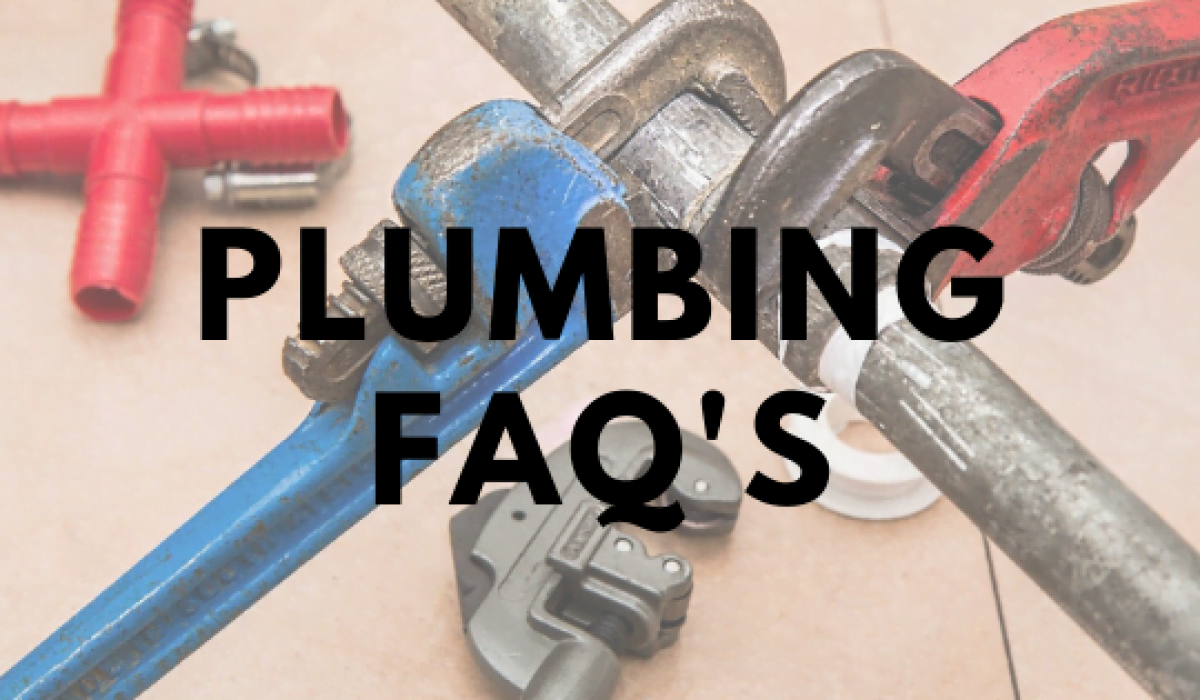General Plumbing FAQ’s
Working in this industry, we’re often contacted with heating and plumbing FAQ’s.
Below is information regarding the most common questions we receive, and how to rectify the problems.
===
What credentials do you have?
DSB Ltd are registered with APHC, Water Safe and Trust Mark. This means we are vetted and regulated to ensure high standards of work, and are covered by our comprehensive business insurance.
===
I’ve discovered a water leak, what do I do?
Firstly, try to establish where the leak is coming from.
For example, if you’ve just had a shower and discover water leaking into the room below, it’s likely the seal around the bath needs looking at.
But if the leak is constant, it could be more serious:
- Locate the stop tap and turn off the water.
- Turn on your cold taps to drain the system.
- Turn off the heating.
- If the water is leaking through or near electrics, turn those off too.
- If you know where the water is leaking from, try to catch the leak, or use something to soak it up.
- Contact your local plumber and give them as much information as possible. The more information they have, the quicker they’ll be able to rectify the problem.
===
How can I avoid frozen pipes?
When water freezes, it expands. So if the water in your pipes freezes, it will begin to push against the pipes, sometimes causing them to crack and split.
If you’ve any external pipes/taps, or any exposed pipework in unheated areas, it is good practice to protect them by covering them with lagging.
Contact your local plumber as they can advise, source and fit the lagging for you.
Additionally, you can protect your pipes by:
- Insulating your water tank, and removing all loft insulation from underneath the tank (this will help heat get to the water tank and stop the water freezing).
- If you’ve any unused pipes, drain them for the Winter months.
- Keep your heating on low.
- Service your boiler.
- Ensure you know where your stop tap is located.
- Repair faults and leaks as soon as you see them.
If your pipes do freeze:
- Turn off the water at the stop tap.
- Drain the pipe through the tap (keep it open so the water can escape as the ice melts).
- Use low heat to thaw the pipe (hot water bottles etc).
- DO NOT use naked flames to thaw the pipe.
===
Why are my pipes noisy?
Random noises from your pipes are quite common.
There can be a variety of different reasons, including:
- Faulty ball valves.
- Pipes can move and hit surrounding fittings.
- Air can become trapped in the pipes causing them to vibrate.
- Loose fittings.
===
What can I do to reduce my water waste?
Did you know, roughly one third of the water we use daily is wasted? Or that on average, we lose 212 litres of water per household, per day from a leaking toilet.
Older toilets use 6/12 litre flushes in comparison to modern toilets which use 3/6 litres. Investing less than £100 to install a new syphon can reduce your water wastage by up to half!
It’s imperative to be proactive when it comes to reducing water waste:
- Fix your faulty plumbing as soon as you notice it. If your hot tap is leaking, it may also be increasing your heating bills too.
- Turn off the taps when not directly in use.
- Time your showers.
- Use water saving products in your fittings (you may be able to source these for free from your local water board).
- Regularly clean your fittings.
===
Why does my boiler need servicing?
Your boiler needs servicing one per year, and it is good practice to do this after the Summer months, before Winter sets in.
This ensures your boiler is working safely, and also an engineer to check for damaged parts.
If your boiler isn’t working effectively, it will break, and as a consequence you’ll be without heating and hot water.
Throughout the year, check your boiler pressure is between 1-1.5 bar. If it drops continually, contact a local engineer as it may need repairing.
===
Why are my radiators not heating up properly?
If your radiators are taking a long time to heat a room, or are cold at the top and hot at the bottom, it’s likely they need bleeding.
Here’s some easy steps to do this yourself:
- Turn off your heating and let it cool
- Find your bleed key and a cloth
- At the top of the radiator, you’ll find a valve. Turn this anticlockwise until you hear air escaping
- Catch any leaks or drips of water with your cloth
- When the water begins to flow, tighten the valve
- If this fails, try doing this with the heating on, or contact an engineer
===
DSB Ltd are always happy to answer any plumbing FAQ’s you may have.
Our aim is to provide our customers with the best possible experience whilst giving them peace of mind in their own home.
To seek the answer to all your plumbing FAQ’s and needs, don’t hesitate to contact DSB.
